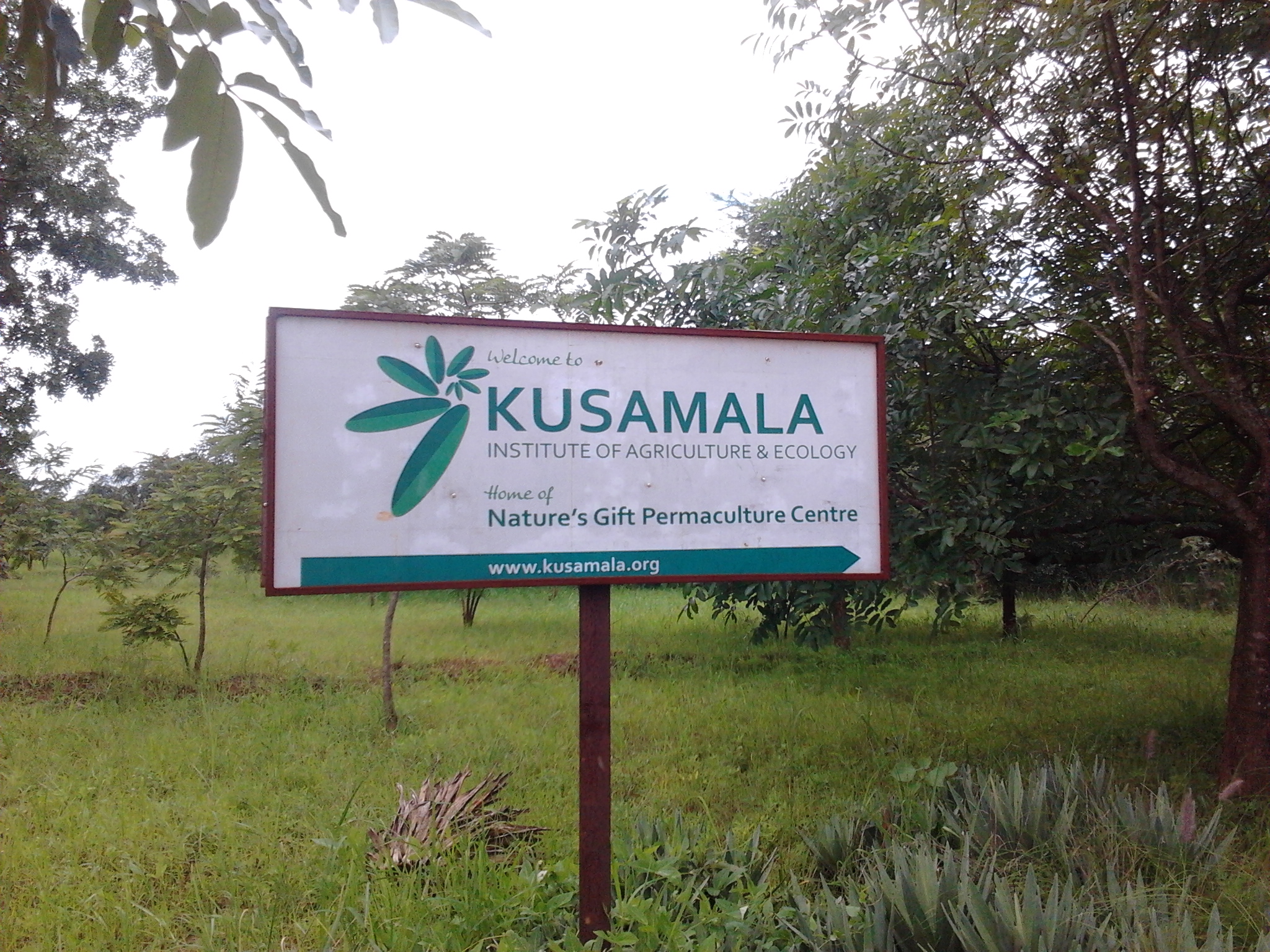One of the benefits of being a Global Health Corps fellow is the ability to pursue professional development opportunities outside of our normal scope of work. Across the fellow class, professional goals and interests take many shapes and forms and, therefore, our respective professional development endeavors often look very different. Some fellows travel for conferences, some use their funds to apply to graduate school, while others opt to enroll in online learning.
As a nutrition professional veering more and more into food-based approaches to preventing and managing malnutrition, I have felt the need to get more in touch with organic vegetable gardening and the many components it encompasses. In the field of international nutrition, there has been a growing interest in the linkages between agriculture and nutrition. While it had long been assumed that gains in agricultural productivity would automatically lead to gains in nutritional status, what became clear is that this relationship is not a given without specific goals or actions related to nutrition (an example of what is now termed “nutrition-sensitive” programming). On a personal level, my technical knowledge of human nutrition mostly begins after the food has already been grown. I know which foods and nutrients are needed on a daily basis and in what proportion, but I would be fairly useless in figuring out how to produce those foods starting from seed.
In early March, I spent a week at the Kusamala Institute of Agriculture and Ecology in Lilongwe, Malawi enrolled in a gardener’s course they offer once per year. Kusamala was founded in 2009 and serves as Malawi’s largest permaculture demonstration site. In its original conception, permaculture was a marrying of the words “permanent” and “agriculture,” but has evolved to comprise other aspects of life as well, including efficient energy usage and waste management. Permaculture is essentially a design system with a vision oriented towards long-term sustainability, and inherent to it is care for others and care for the environment.
As Community Nutrition Support Fellows this year at Clinton Development Initiative, my co-fellow and I have been developing a community nutrition program with a component focused on the integration of nutritional gardens at the pre-, primary, and secondary school levels in a rural district in Malawi. For me, this course was an opportunity to gain a more comprehensive understanding of the Malawian food system and to explore the ways by which a more holistic approach to food production can contribute to higher yields of diverse crops, increased dietary diversity, and improved nutritional status.
During my week at Kusamala, I studied under two Malawian instructors who combined classroom lectures (our classroom just happened to be a grass-roofed rondoval) with field practice. My classmates and I had the opportunity (actually, it was our classwork) to, among other things, create compost piles, plant banana trees for gray water management, pound chili peppers and onions into a natural pest control cocktail, prepare garden beds for planting, and transplant young seedlings from a nursery bed into the main garden.
While I did not magically transform into an expert gardener over the course of one week, I left Kusamala with a practical sense of how soil nutrition translates into plant nutrition and eventually human nutrition and I gained a deeper appreciation for (and a very brief glimpse into) the incredible amount of hard work that goes into the noble calling of cultivating the earth and growing food.

